Table of Contents
- When Do You Need Chemistry Lab Goggles?
- Regular Glasses Aren’t Enough for Chemistry Labs
- Chemistry Lab Goggles Must Have These Features
- Wear Face Shields with Chemistry Lab Goggles for Extra Protection
- What If Something Still Goes Wrong?
- Conclusion
- More Actions
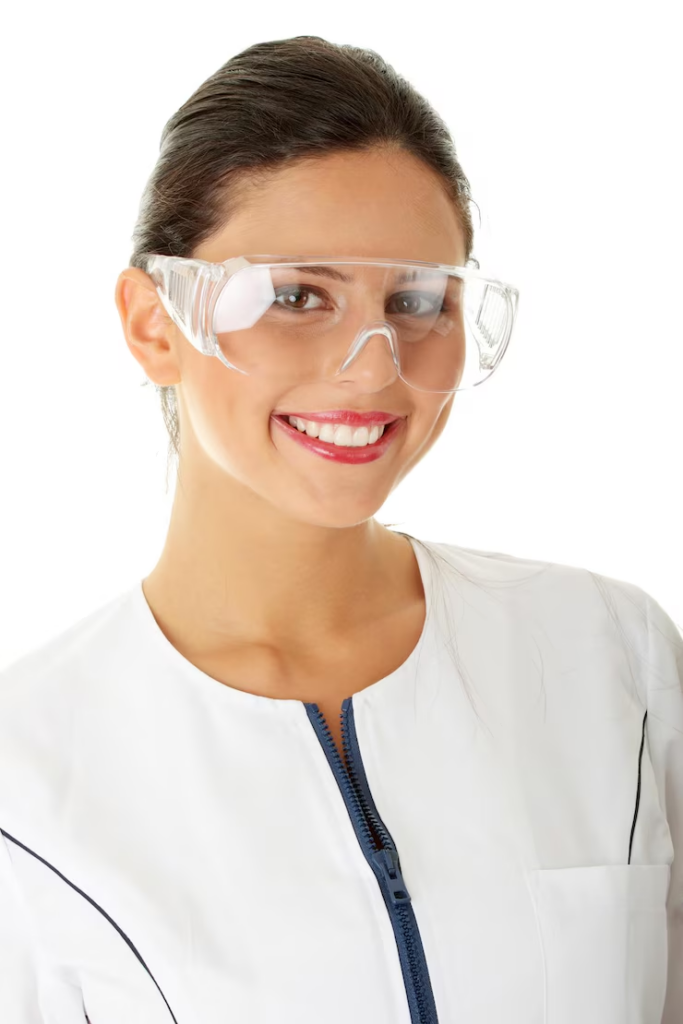
Chemistry lab goggles are essential for protecting your eyes during experiments. They form a tight seal around your eyes and prevent harmful chemicals, splashes, vapors, fumes, or mists from entering. But do you always need to wear them?
The short answer is it depends.
Some experiments involve low-risk materials where regular safety glasses are enough. However, when you’re working with dangerous chemicals or performing specific tasks, protective goggles become a must.
When Do You Need Chemistry Lab Goggles?

You must wear these lab goggles when:
- Handling corrosive chemicals like hydrofluoric acid (HF), even in small amounts
- Pouring corrosive substances in volumes greater than 1 liter
- Filling or dispensing liquid nitrogen
- Performing tasks such as:
- Pipetting
- Mixing
- Centrifugation
- Blending
- Vortexing
- Loading syringes
- Pouring liquids
- Opening containers
- Streaking plates
- Using disinfectants like bleach or 70% ethanol
- Heating substances (e.g., agarose in a microwave or hot water bath)
- Pipetting
Even common cleaning agents or substances undergoing rapid temperature changes can harm your eyes. Always wear eye protection when there’s a chance of splashes or impact hazards.
Regular Glasses Aren’t Enough for Chemistry Labs
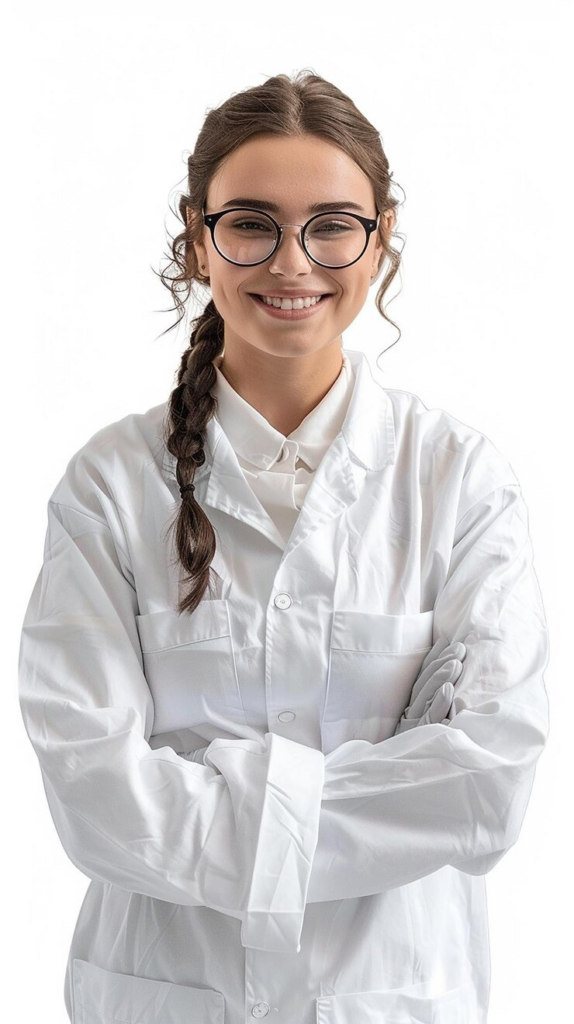
Prescription glasses or contact lenses do not offer proper eye protection. If you wear prescription eyewear, you need one of the following:
- Safety goggles designed to fit over your glasses
- Custom goggles with built-in prescription lenses
Chemistry Lab Goggles Must Have These Features
Good chemistry goggles must meet specific safety standards, such as:
- ANSI Z87 (American National Standards Institute)
- CE (Conformité Européene or European Conformity)
- UL (Underwriter Laboratories)
Key features include:
- Wrap-around design for full eye coverage
- Anti-fog, hard-coated lenses for clear vision and scratch resistance
- UV protection
- Soft PVC casing that seals 100% around the eyes
- Four indirect ventilation caps (2 on top, 2 on the bottom) to allow airflow but block liquid splashes
- Fully adjustable elastic headband for a secure fit
- Resistance to ignition and high temperatures
- Comfortable fit resting directly on the nose bridge
- Lightweight PVC or other material that doesn’t feel bulky
These features ensure safety without compromising comfort. A good fit is critical. If the goggles don’t fit properly, a small splash or vapor can get in. That makes the goggles useless. So, straps must be adjustable, and the design should feel natural.
Wear Face Shields with Chemistry Lab Goggles for Extra Protection
In some cases, face shields are worn over lab goggles. This offers extra protection for both the eyes and the face, especially during risky procedures involving highly reactive substances.
What If Something Still Goes Wrong?
Even with proper eye protection, accidents can happen. Every lab must have an emergency eyewash station. It should be easy to access in case someone gets chemicals in their eyes. Goggles are your first line of defense, but an eyewash station is your backup.
Conclusion
Wearing chemistry lab goggles is not always optional. When working with harmful substances or equipment, they are essential for keeping your eyes safe. Choose goggles that meet safety standards, fit well, and feel comfortable. And always use additional protection like face shields or eyewash stations when needed. Safety in the lab starts with proper eye protection.
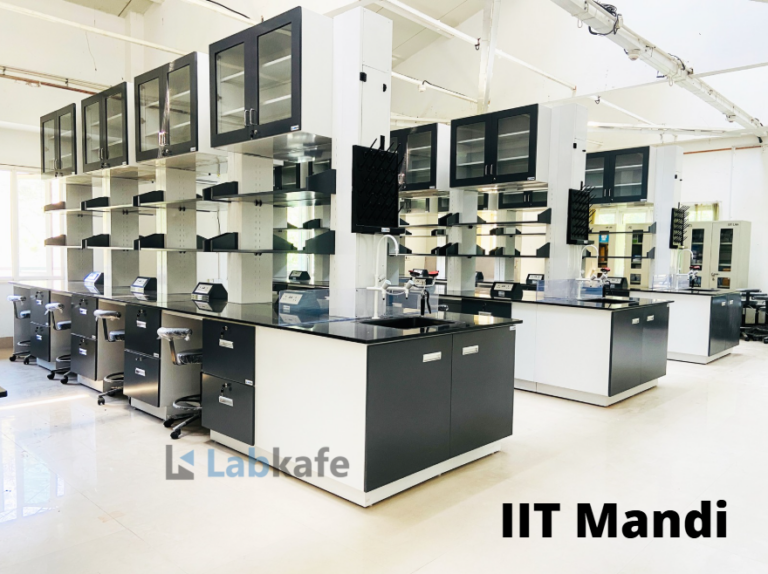
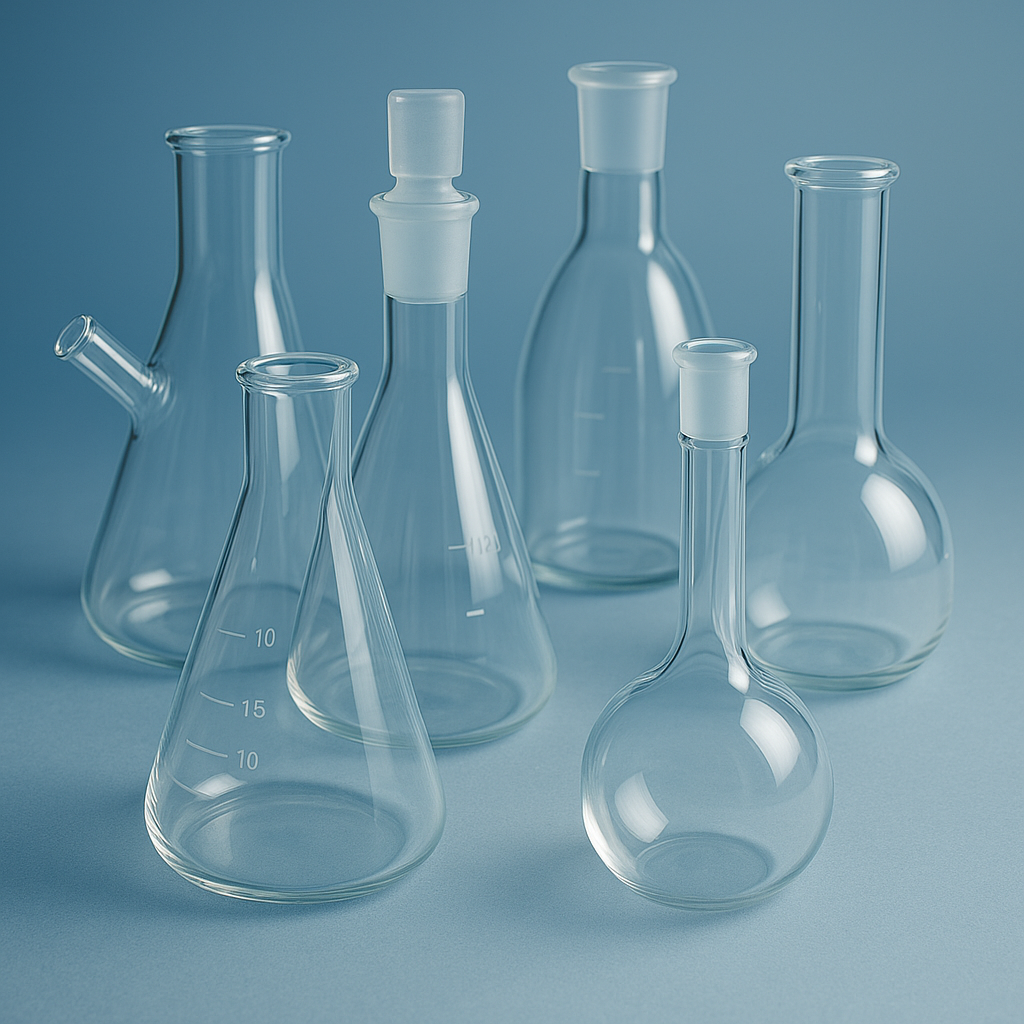
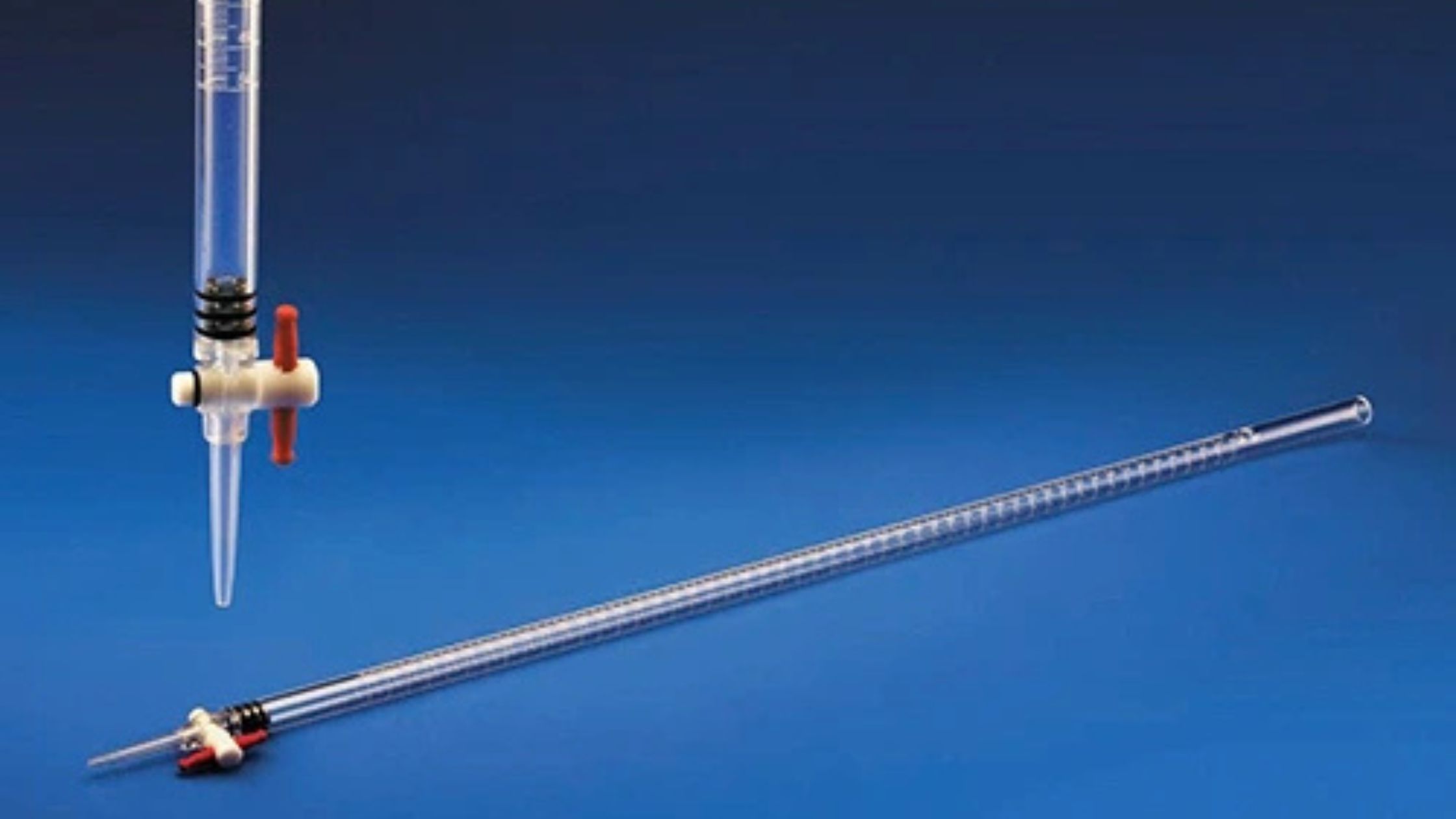
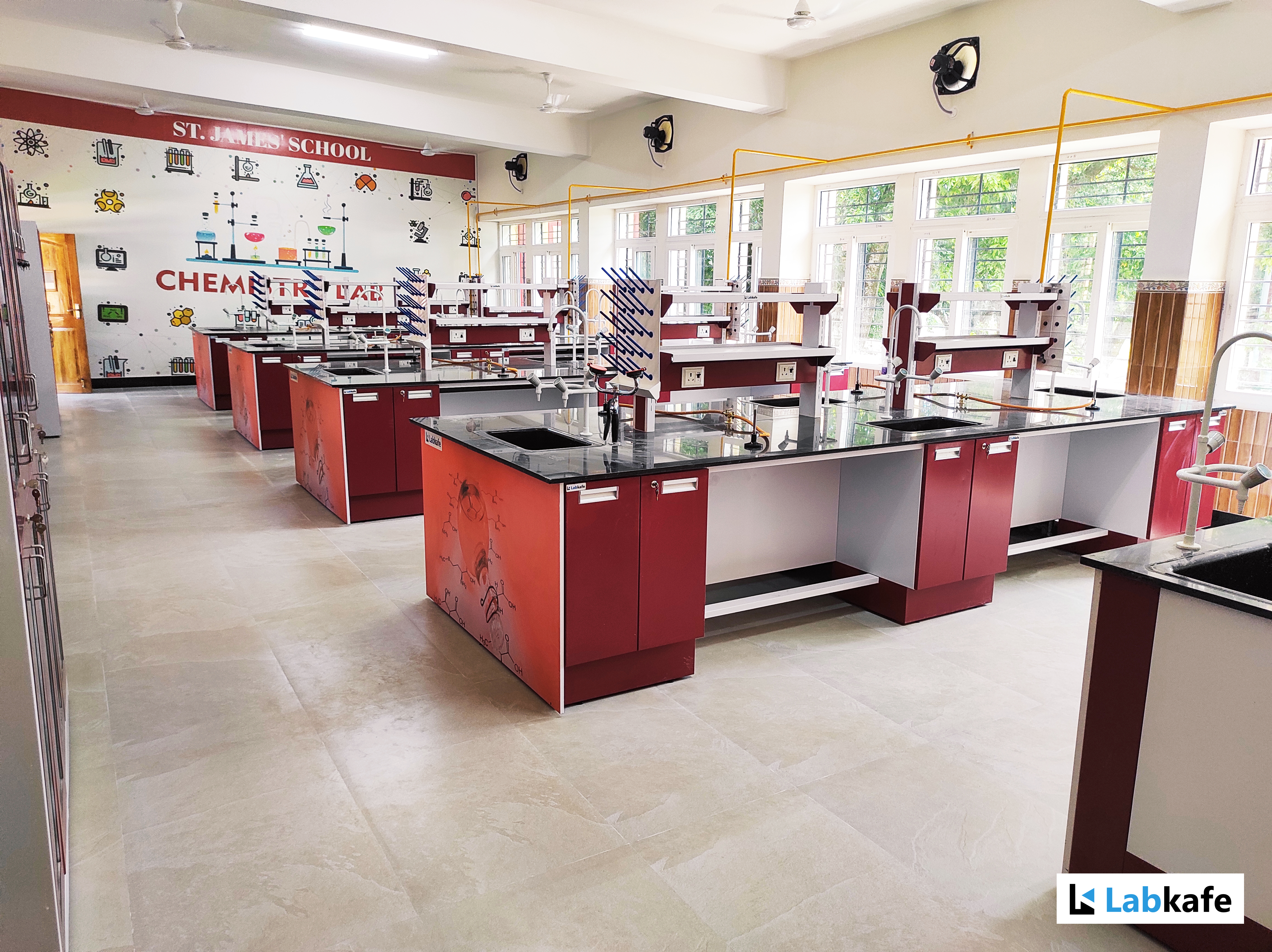
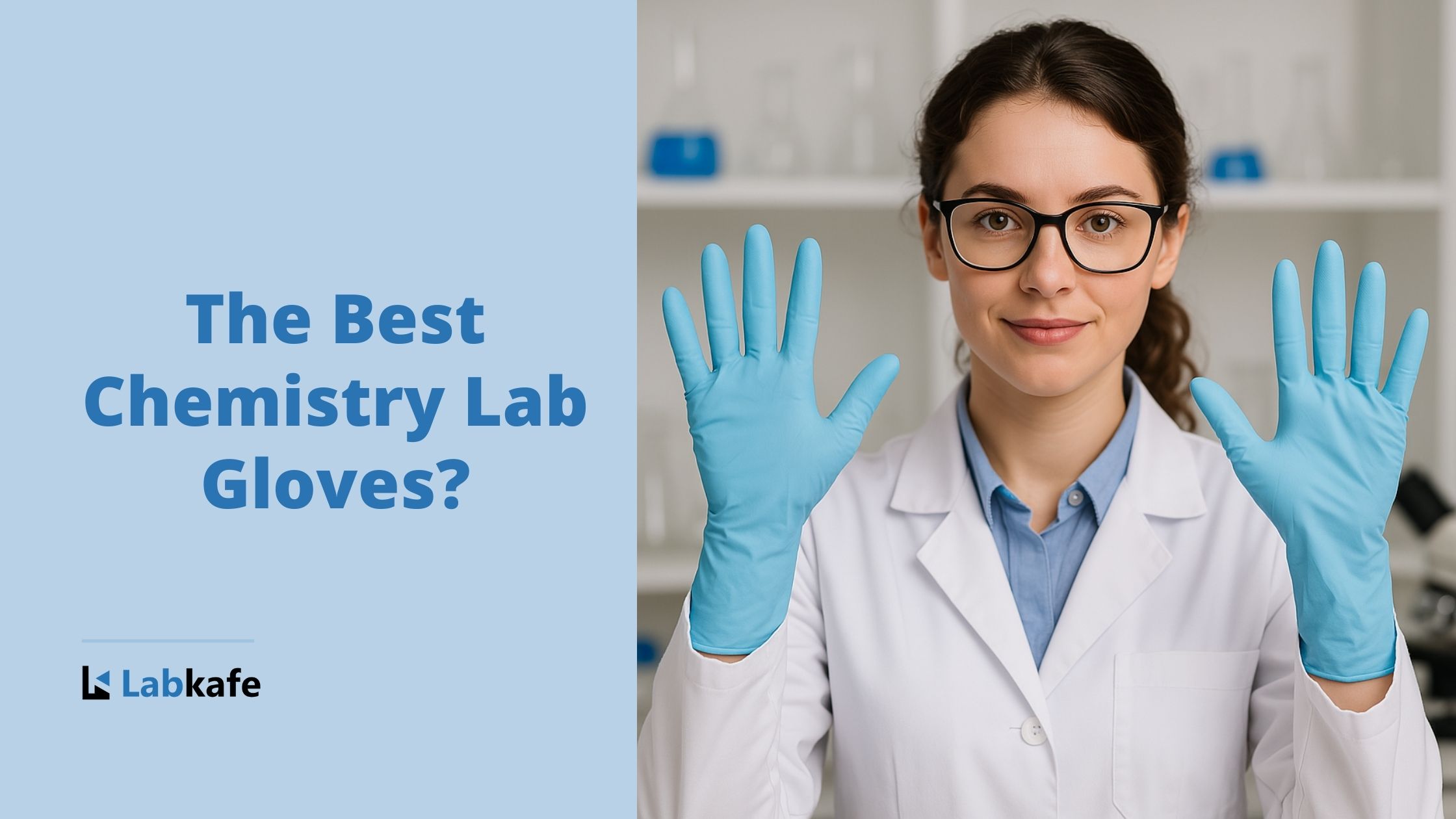
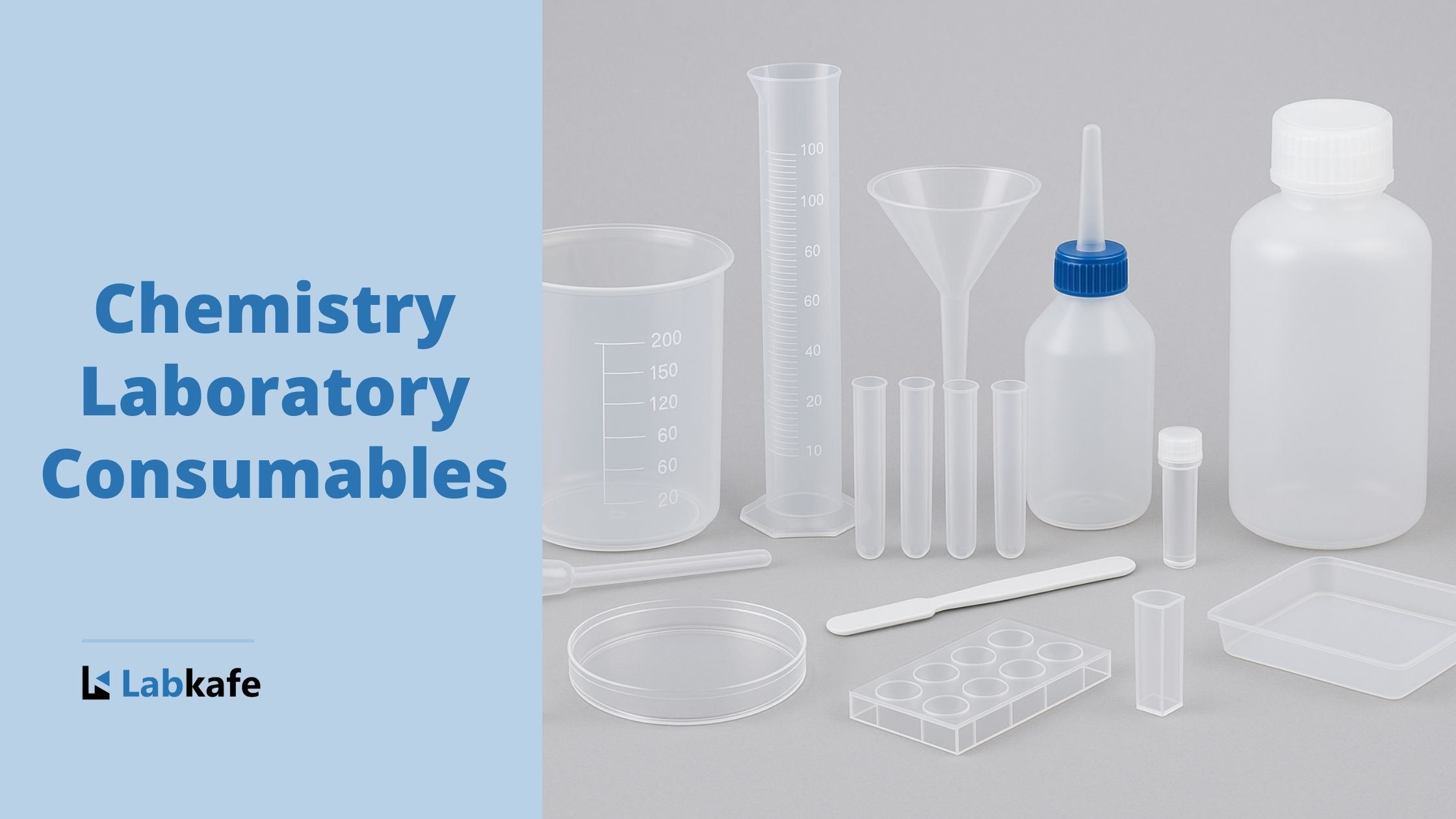
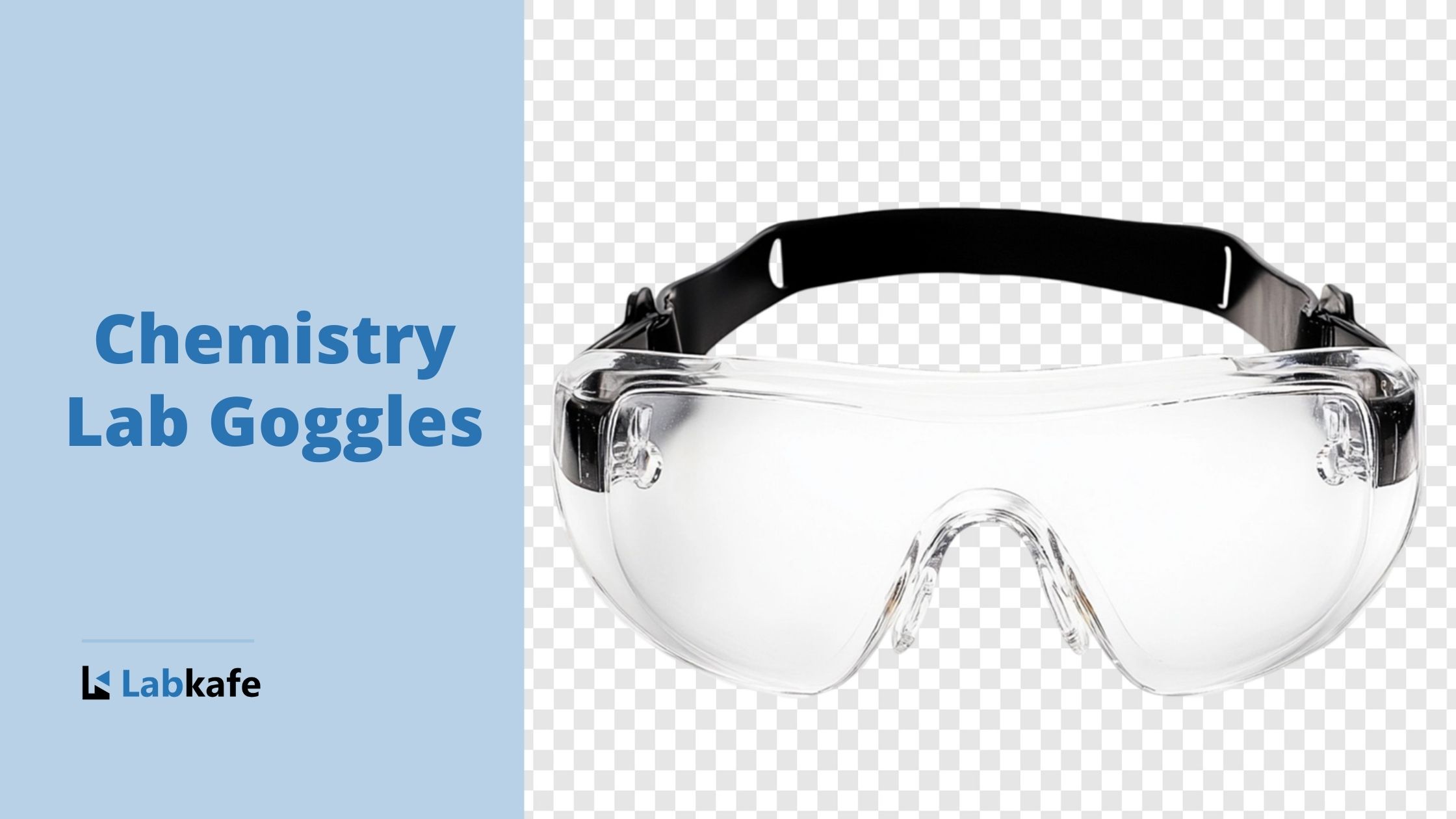
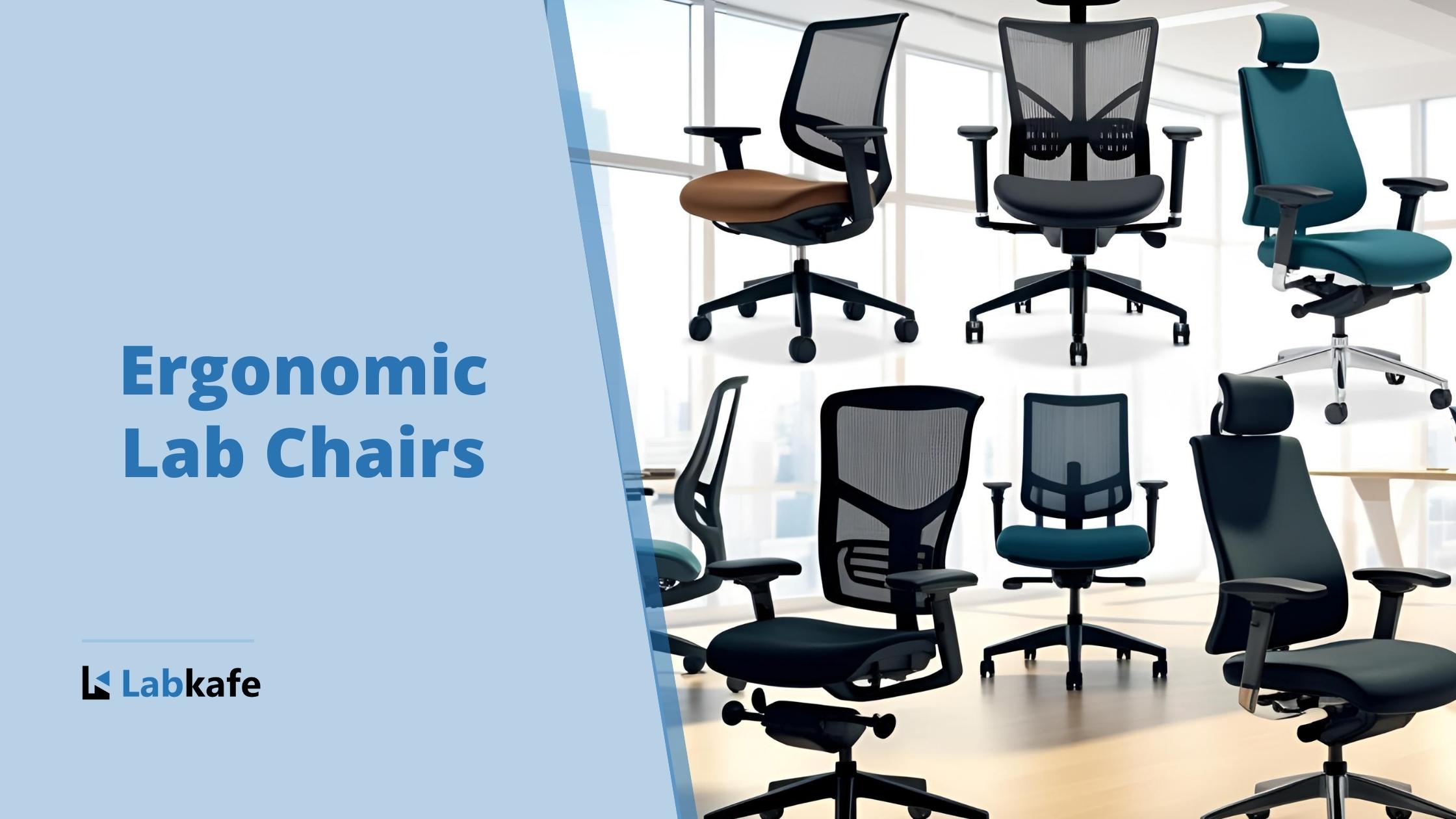
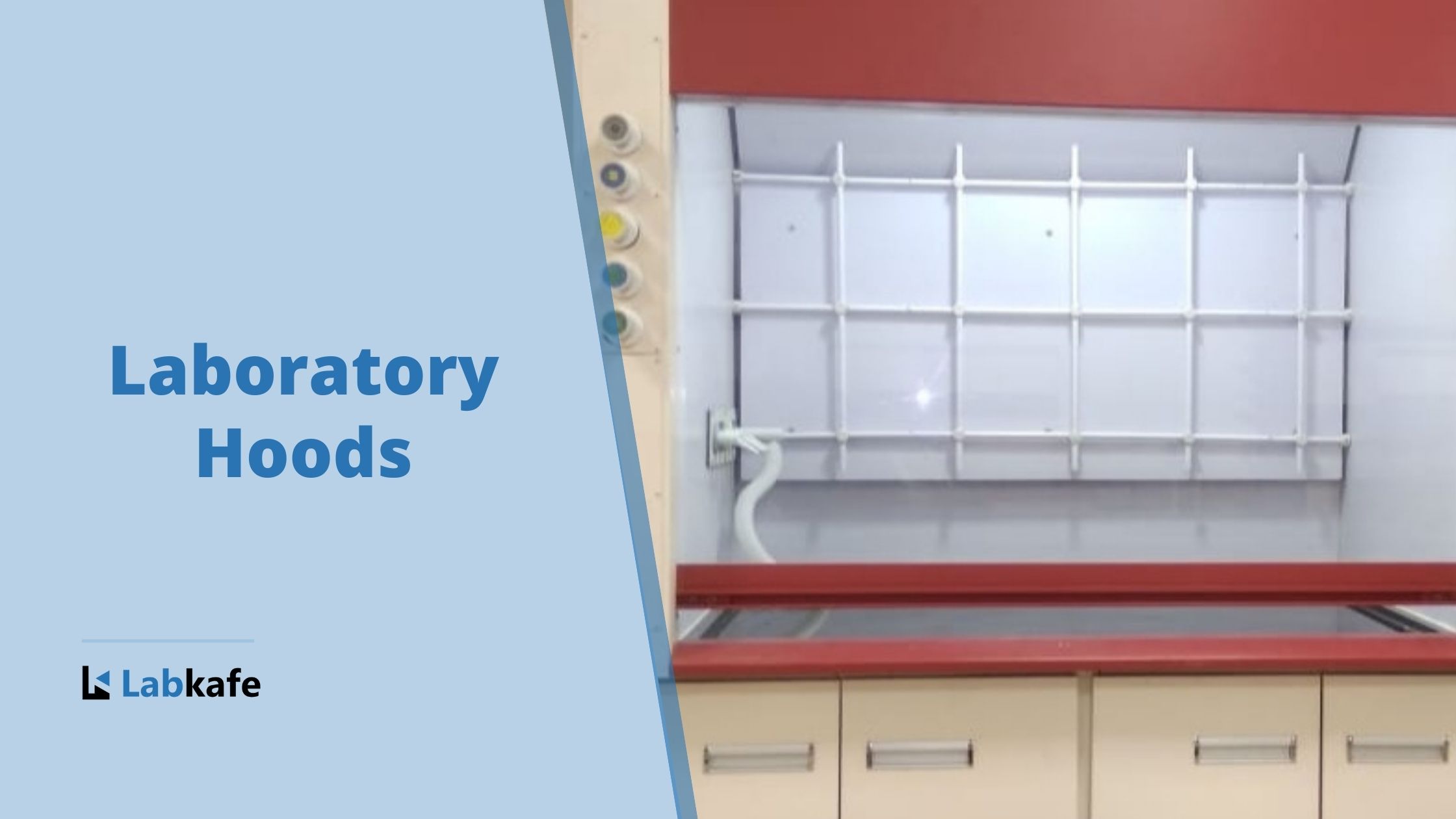
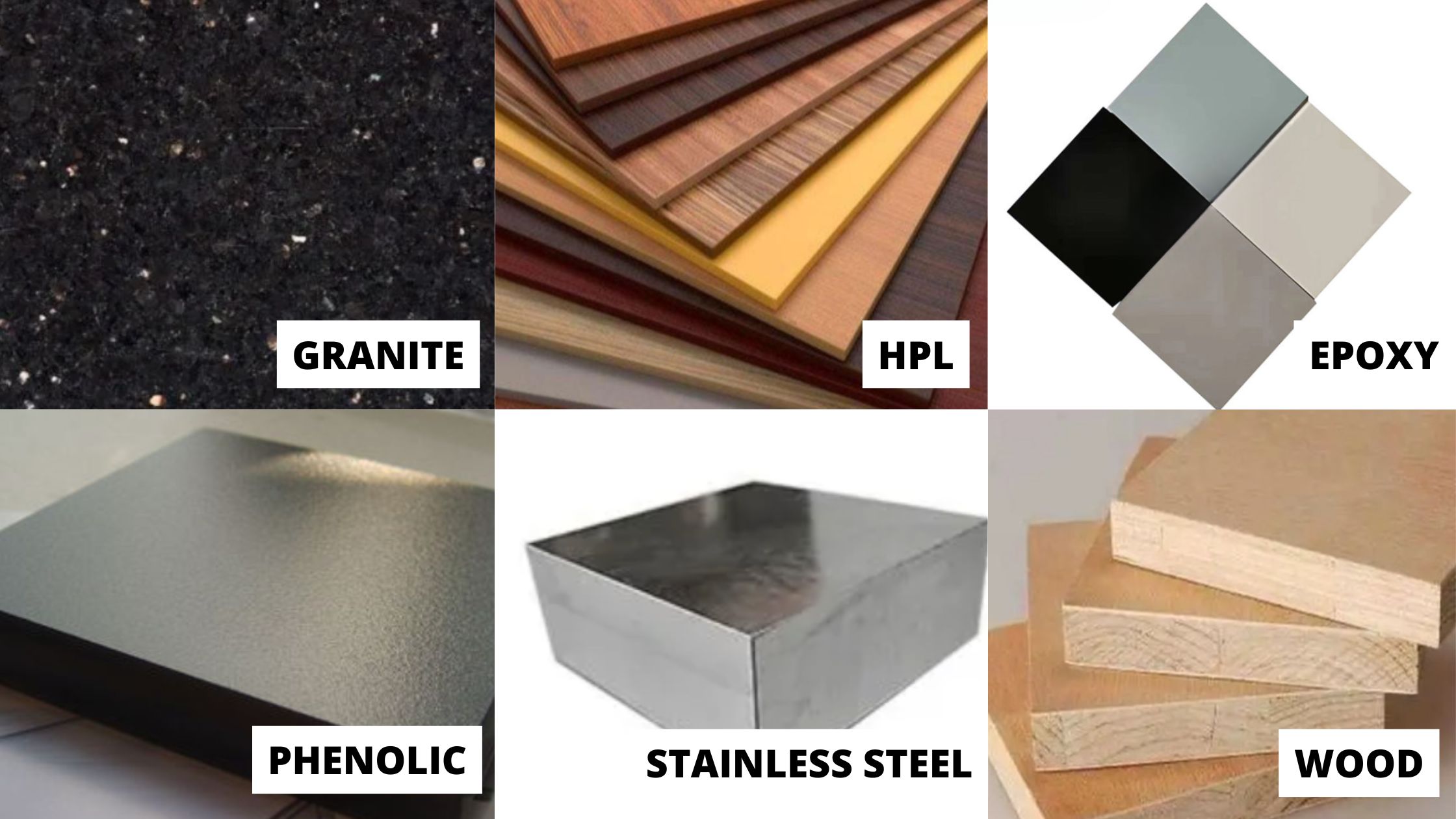
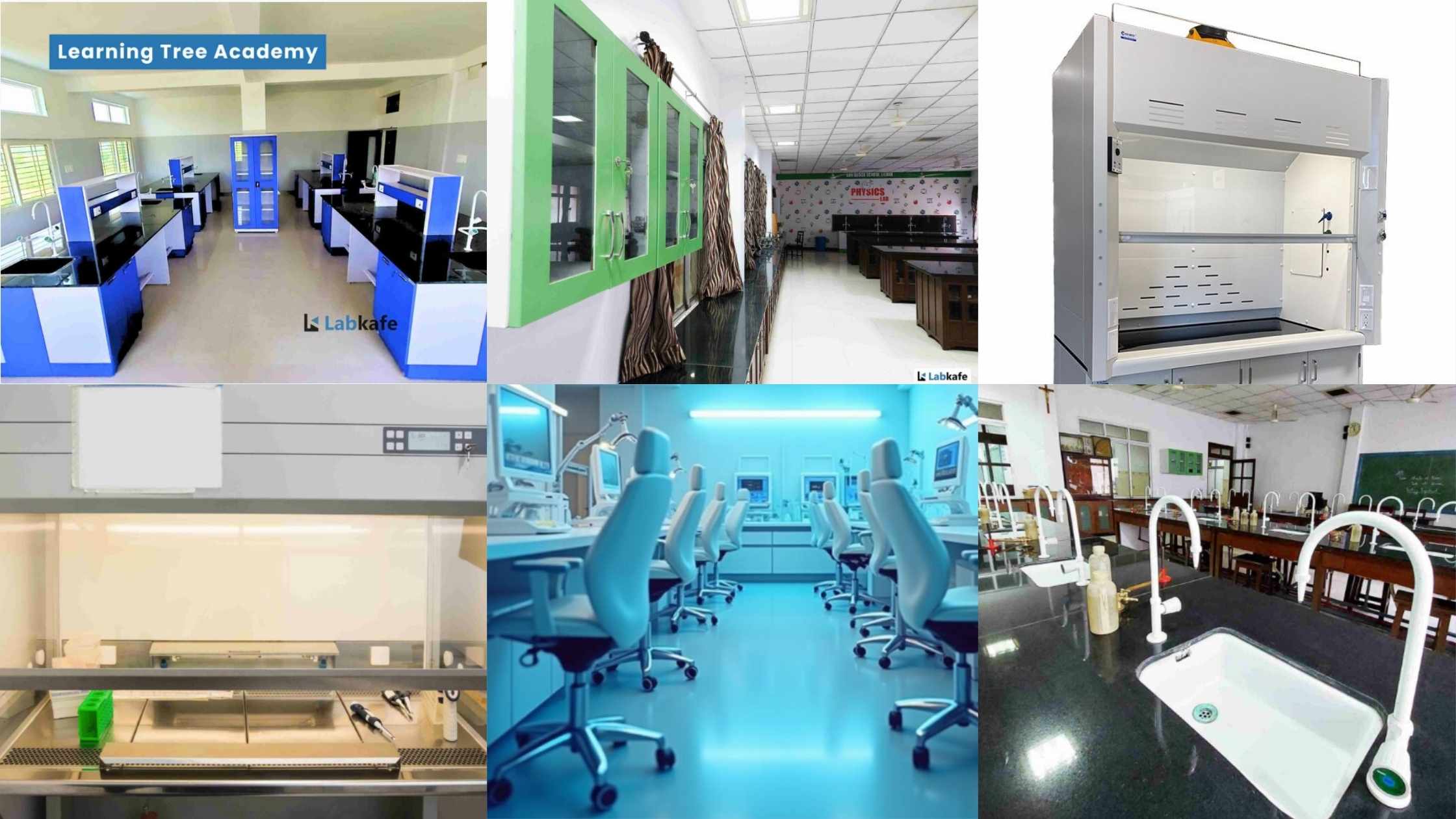
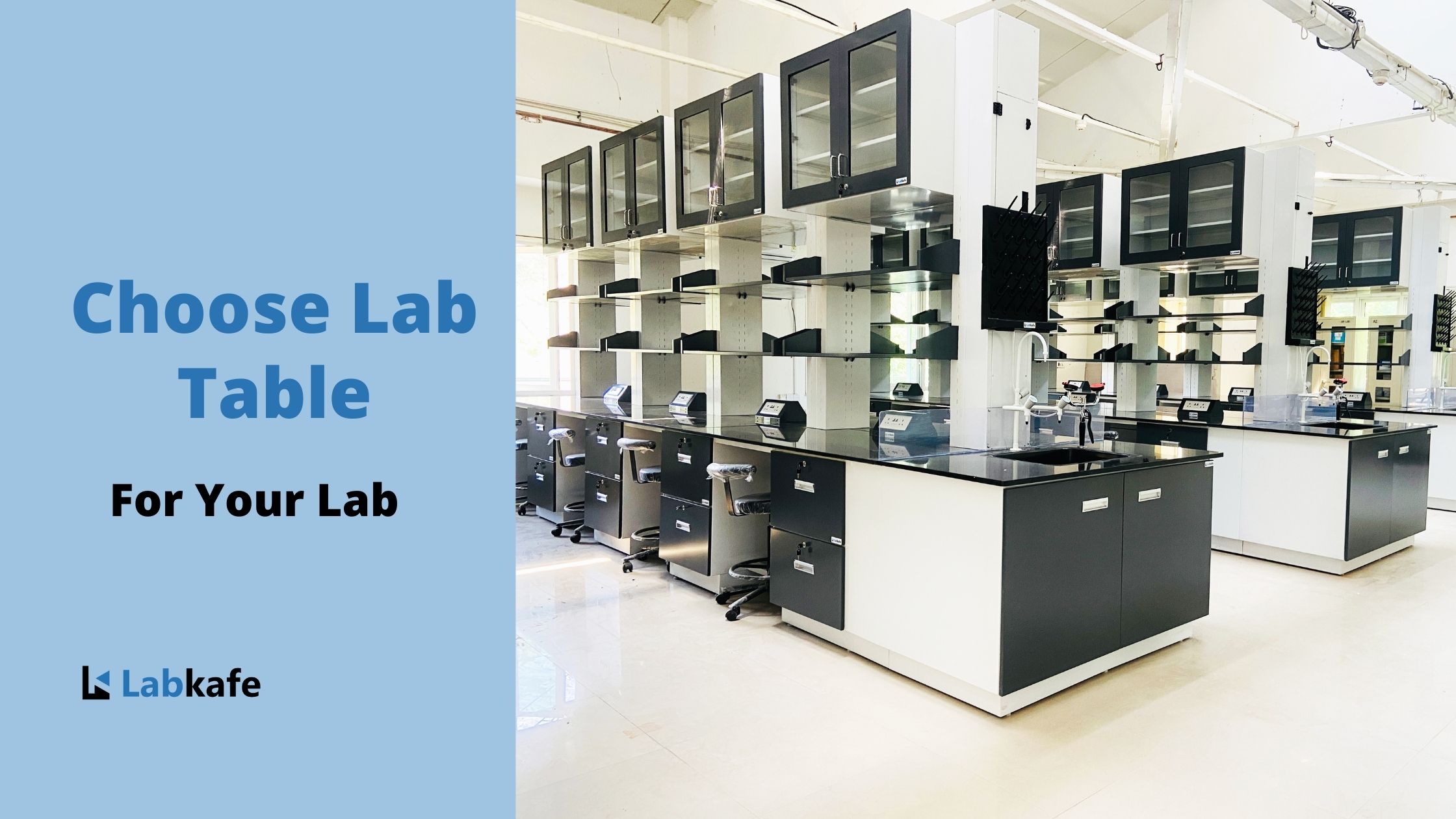
Leave a Reply